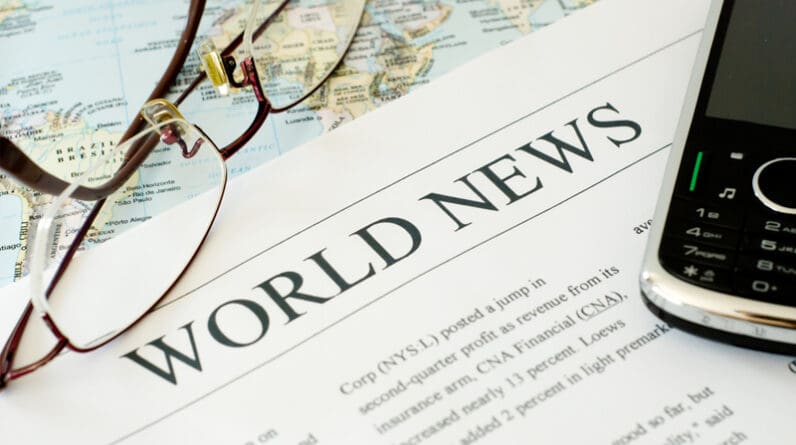
By Steve Holland and David Brunnstrom
WASHINGTON (Reuters) – More joint patrols can be expected in the South China Sea after drills by the United States, Australia, the Philippines and Japan last weekend, U.S. national security adviser Jake Sullivan said on Tuesday, ahead of U.S. summits this week with the Japanese and Philippine leaders.
Warships from the four nations staged the exercises on Sunday following stepped up Chinese pressure on the Philippines in the disputed strategic waterway.
U.S. President Joe Biden hosts Japanese Prime Minister Fumio Kishida in Washington on Wednesday and the two and Philippines President Ferdinand Marcos will meet on Thursday for talks that will include ways to push back against China.
“On the naval patrols, we just saw trilateral plus Australia, a new form of quadrilateral joint naval patrols last week, so you can expect to see more of that in the future,” Sullivan told a regular White House briefing while previewing the summits.
Sullivan also said Washington and its existing Australian and British partners in the AUKUS security pact would explore possible Japanese involvement in Pillar II of the project, something the Biden-Kishida summit would address.
“We’re prepared to work with additional partners beyond the three of us, where they can bring capabilities, and Japan is one of the countries that could very well bring capabilities to that,” Sullivan said.
“Japan could be a critical contributor,” he said. “You will see when they speak tomorrow, an indication that that’s the direction we’re moving in.”
Sullivan said Biden and Kishida would announce measures to enhance defense and security cooperation and in space exploration.
The U.S. ambassador to Japan said earlier on Tuesday the U.S. would have a “fundamentally” changed command posture for its forces in Japan to allow for better coordination, with a new military headquarters Japan plans to unveil next year, moves that would boost deterrence in the face of Chinese pressure.
Sources with knowledge of the planning have told Reuters Washington will consider appointing a four-star commander for Japan to match the rank of the head of Japan’s new military headquarters. Experts say a U.S. officer of that rank could lay the groundwork for a future unified Japanese-U.S. command.
Australia on Tuesday played down reports Japan could soon join AUKUS, saying any cooperation would be on a project-by-project basis as differences emerged within the pact over adding new members. A Japanese government official told Reuters on Monday discussions about formally joining AUKUS would likely not be welcomed by Australia or Britain until they had concrete results from the pact.
While Washington is keen on Japanese involvement, U.S. officials and experts say obstacles remain given the need for Tokyo to introduce better cyber defenses and stricter rules for guarding secrets.







